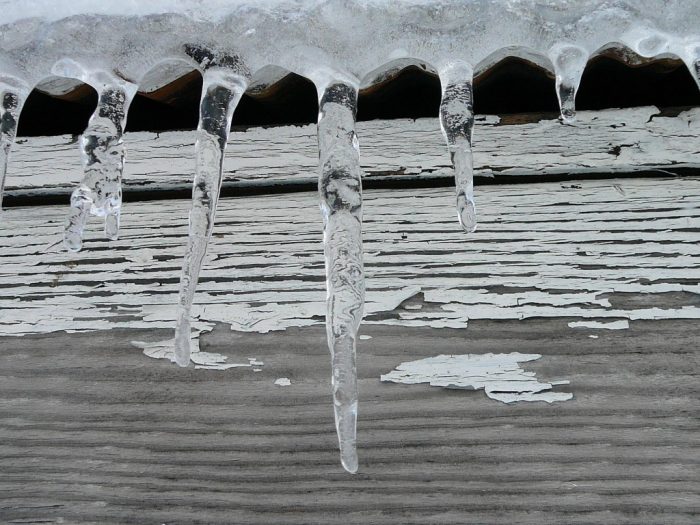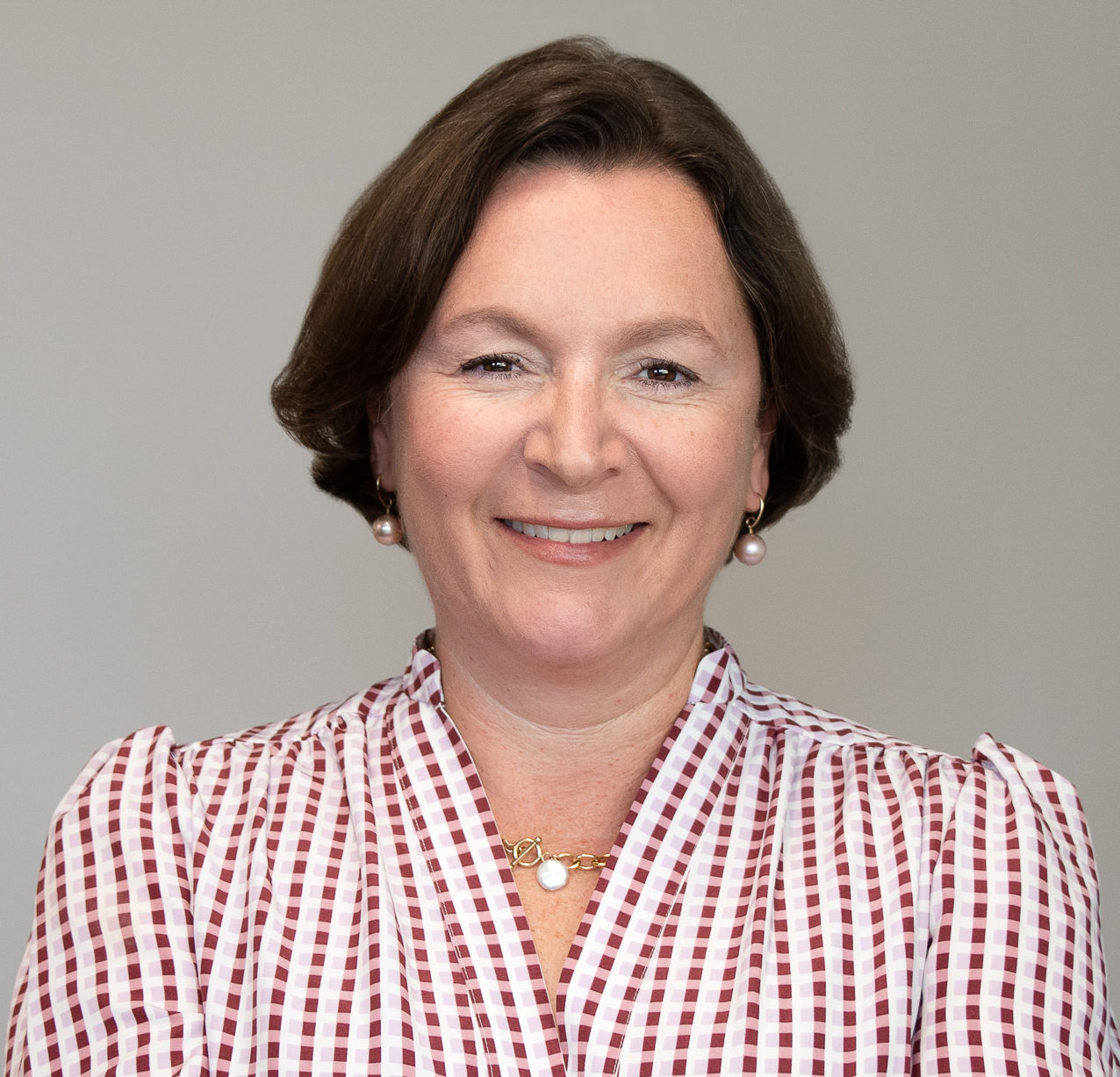When “Too Cold” Becomes a Disaster
A severe winter storm struck the southeast this past week bringing temperatures in Tennessee, Kentucky, South Carolina, North Carolina, Louisiana, Alabama, Georgia and Florida down to ones not usually felt in the region. Sitting in my office in Nashville, I am well aware of the chilly temperatures brought by this storm. And, according to FEMA, […]

A severe winter storm struck the southeast this past week bringing temperatures in Tennessee, Kentucky, South Carolina, North Carolina, Louisiana, Alabama, Georgia and Florida down to ones not usually felt in the region. Sitting in my office in Nashville, I am well aware of the chilly temperatures brought by this storm. And, according to FEMA, temperatures will be 10 to 30 degrees below average for the upper Midwest.
The cold temperatures and snow caused a veritable shutdown in Atlanta–paralyzing commuters and stranding young and old alike at schools, restaurants, bus stations, and elsewhere. Media reports indicate that there were 12 storm-related deaths.
Indeed, “too cold” in this case has become a disaster. At the policy level, there are a few things that we know:
- No FEMA requests for assistance have been submitted, and none are anticipated.
- The governors of Mississippi, Alabama, North Carolina, South Carolina, Louisiana and Georgia have all declared States of Emergency for winter weather.
- The American Red Cross reports that there are 41 shelters open across the southeast (either operated by them or other private entities) and have housed 1,565 individuals.

While this type of event will unlikely result in an outpouring of private donor dollars, I’d like to make the following recommendations to donors in response to this deep freeze:
- Check in with your existing grantees: Ensure that your grantee pool is prepared for winter weather. If it is a social services provider, does it have the capacity to respond to storm related needs? For example those who provide shelter might need to better respond to changing conditions. If an organization researches wetlands, is there anything that you as a funder can do to support those efforts over this harsh winter? Reach out and see where you as a donor can support your existing grantees.
- Look to your own community: Is there anything that your organization can do to bolster the needs of your community? If you are an international funder, but residing in a city hit by the hard weather, is there anything that you can do to support weather-affected communities? Can you award a discretionary grant, can you offer up your office space, can you lend your talents to help out a local organization? Supporting the needs of your own community ultimately supports the mission of your organization overall.
- Make contact with your legislators: Reach out to members of congress to share with them your conviction of preventing weather-related disasters, even those associated with cold temperatures. This can be an effective way of using your “”philanthropic voice””. Ask your local legislators how you and your organization can help and demonstrate your commitment to your state.
I have been wearing my coat indoors for the past week and every time I zip up, I give thanks for the fact that my heater is working, my power is running, my car’s battery is charged and gas tank full. And then I take a moment to think about the families, communities, group homes, churches, and social service agencies that are suffering with the cold or helping those in need.
On a wry note – my father often reminds me that our kitchen freezers are set at -5 degrees. Currently, my sister in Minneapolis is navigating -25 degree weather, which means that her freezer is warmer than the outside temperature…
I’d like to hear about how you and your organization is responding to the cold. Please email me and let me know – are you a funder that is supporting organizations in the Southeast? Are you a nonprofit working to help those without heat and power? You can reach me at at regine.webster@disasterphilanthropy.org.
I’d like to share one final closing note. I found this CNN opinion piece to be very thought provoking.
